Meet Weijun Chen | Composer & Orchestrator
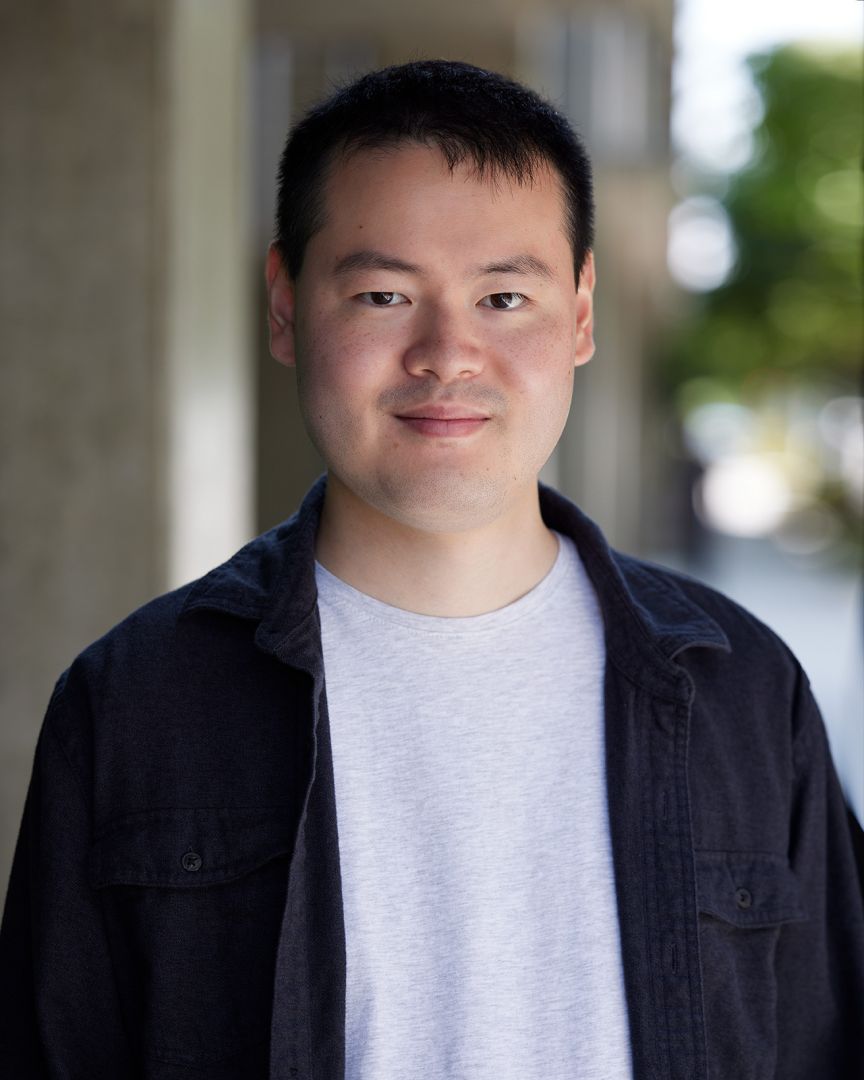

We had the good fortune of connecting with Weijun Chen and we’ve shared our conversation below.
Hi Weijun, what role has risk played in your life or career?
For composers, each note we put down is a risk itself. Does it work within the melody? Does it strike the right tone emotionally? And for film composers, does it work with the storytelling on screen? Even after the music is finalized and approved by the director, we are not able to control the audiences’ reactions. Taking risk is simply a part of the creative process, and I choose to embrace that aspect. As composers, we always talk about the importance of finding one’s own voice, but the only path towards that voice is through risks and failures. I strive to take risks on every project that I work on, whether it is a new sound, a new technology, or even a new style. Especially as a classically trained composer in this modern media world, I am constantly exploring new territories whether as the project demands or as the industry trend evolves. For example, the score I did for “Go Youth” has a lot of pop and rock elements in addition to the classical instrumental cues. And most of my video game music, for instance the music for “Honor of Kings,” features a hybrid approach which blends electronic music with orchestral instruments as well as ethnic soloists.
On a more personal level, my music career has been defined by those moments when I decided to take a risk. It was a risk to leave behind a normal school life at a young age to attend the Pre-College Division of the Shanghai Conservatory, a boarding school that specializes in music training for gifted children. It was a risk to leave my home country to study at the Eastman School of Music, one of the premier music institutions in the United States. It was a risk to leave academia after completing my doctoral studies, so that I could pursue my composing career in the media capital of the world, Los Angeles. All these decisions were driven by my passion and love for music, and they have opened up amazing opportunities that lead me to where I am today.
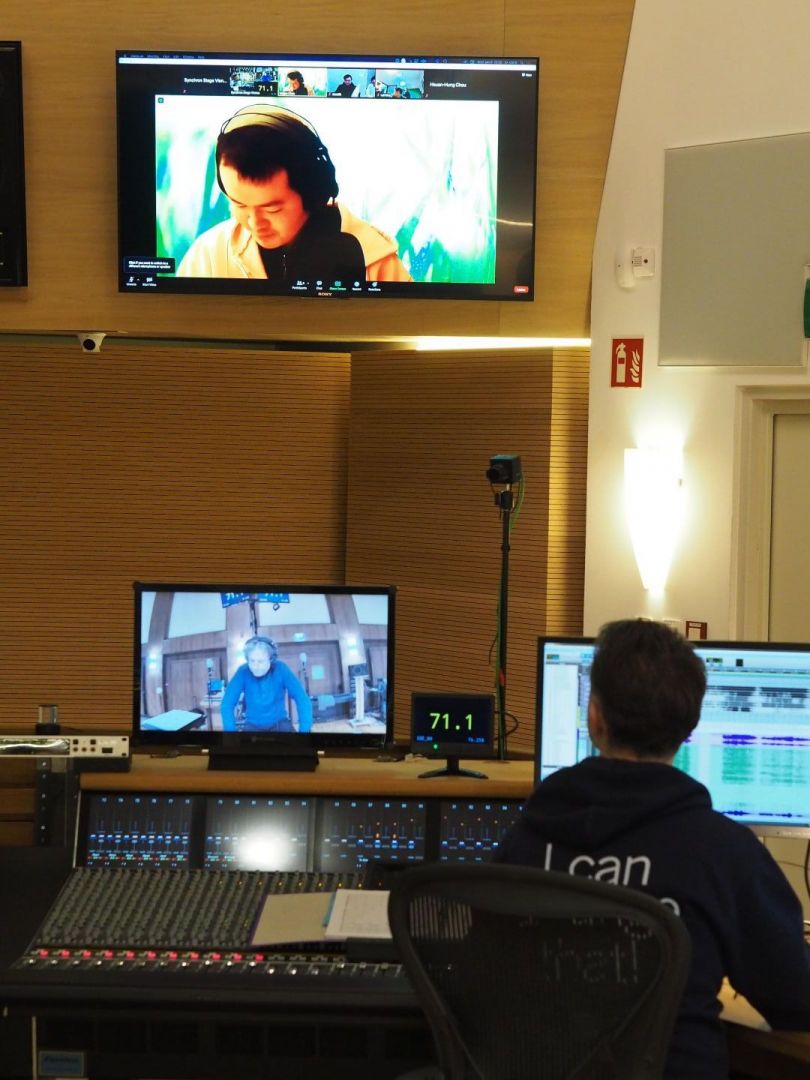
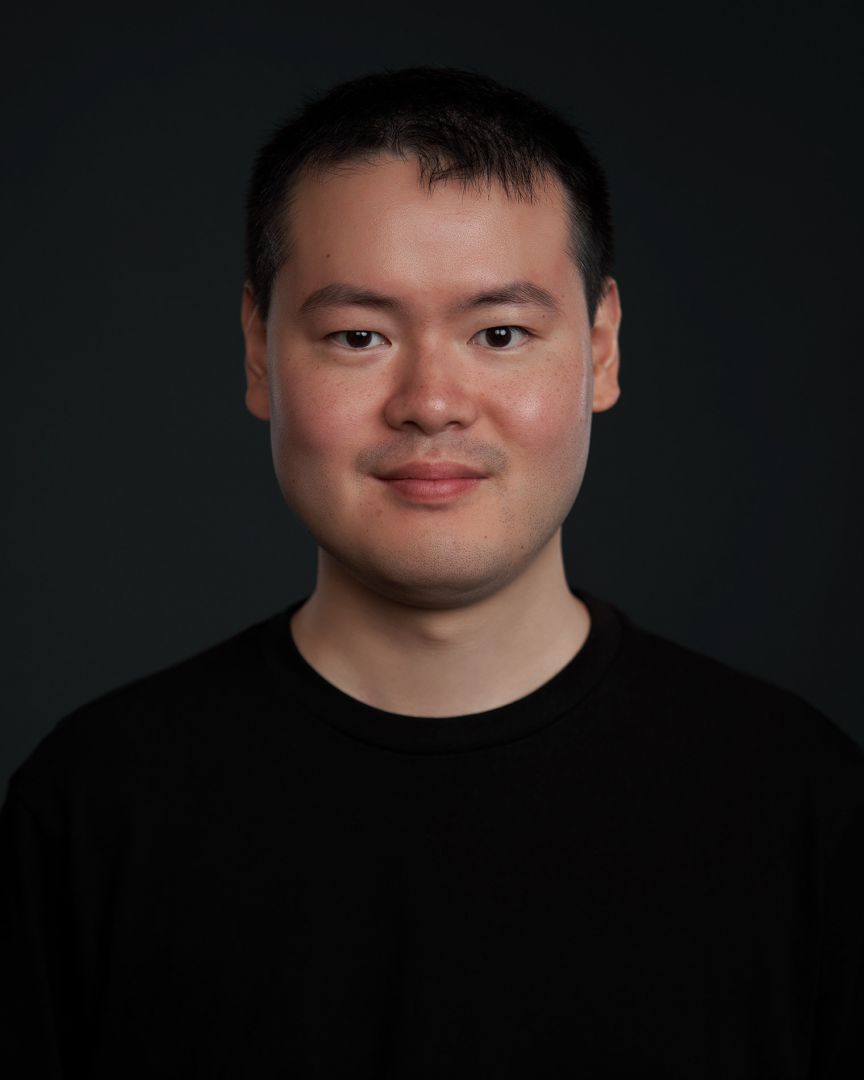
Please tell us more about your work. We’d love to hear what sets you apart from others, what you are most proud of or excited about. How did you get to where you are today professionally. Was it easy? If not, how did you overcome the challenges? What are the lessons you’ve learned along the way. What do you want the world to know about you or your brand and story?
I was born and raised in Shanghai, China during the 90s. It was an exciting time, as the city was going through a massive economic and cultural transformation. Pop music, especially songs from Hong Kong and Taiwan, became hugely popular. These songs were often highly melodic, lyrical, yet understated and deeply felt. During the same time, I was trained as a classical pianist. The combination of traditional Western repertoire and the 90s Chinese vernacular music had profound impact on my own music style.
I discovered my creative itch shortly after I started my piano lessons at the age of six. I had no notion what a composer is, but I dreamed to become the person who put those notes on the page in front of me. I started to write songs when I was about ten years old, mostly for fun. Around that time, I met my very first composition teacher, who showed me the basics of melodic writing. It was also around the time when heavy schoolwork started to affect my music studies. Not being able to give up on music, I decided to audition for the Pre-College Division of the Shanghai Conservatory, a specialized music school for young children. At the age of thirteen, I embarked on my journey to become a professional composer, a journey that later took me to the United States where I completed my doctoral degree in music composition.
My music training was entirely focused on contemporary art music, with intensive studies on harmony, counterpoint, musical forms, as well as 20th-century repertoire. Such rigorous training has laid a strong foundation, and has opened my ears and mind to new perspectives and sonic possibilities. More importantly, it gave me the opportunities to work with world-class chamber groups and orchestras at an early stage of my career. Being able to attend rehearsals, and eventually hearing your work performed in front of a live audience is always a thrilling and invaluable experience.
My transition from the concert world to the media world may seem unexpected to some, but to me, it feels natural and to some extent, long overdue. Growing up, I have always been a big fan of film music and the cinematic experience. I can vividly recall those moments when music made me cheer, cry, or fear in the theater. Unafraid to linger in intense expression, or to engage with music narratives and non-musical influences, my concert works always aspire to evoke the same experiences even without visual elements. That is why I view my journey from concert to media as a natural progression rather than a transition. In fact, I strongly believe that the barrier between media music and concert music is an artificial one. With or without pictures, we all seek to connect with the audiences on a deeper level where words fail. Many composers have prolific careers in both fields these days, and I hope to further break down the barrier with my story and body of work.
That being said, the media music industry undoubtedly presents new challenges to an academically trained composer like me. I have to quickly adapt to new technologies, get used to tighter deadlines, and learn to collaborate with directors as well as my own team of writers and orchestrators. Every project also brings its own unique challenges and an enormous amount of pressure to deliver. It is simply the nature of this job, but it is all worth it when the music comes alive at the end of the process.
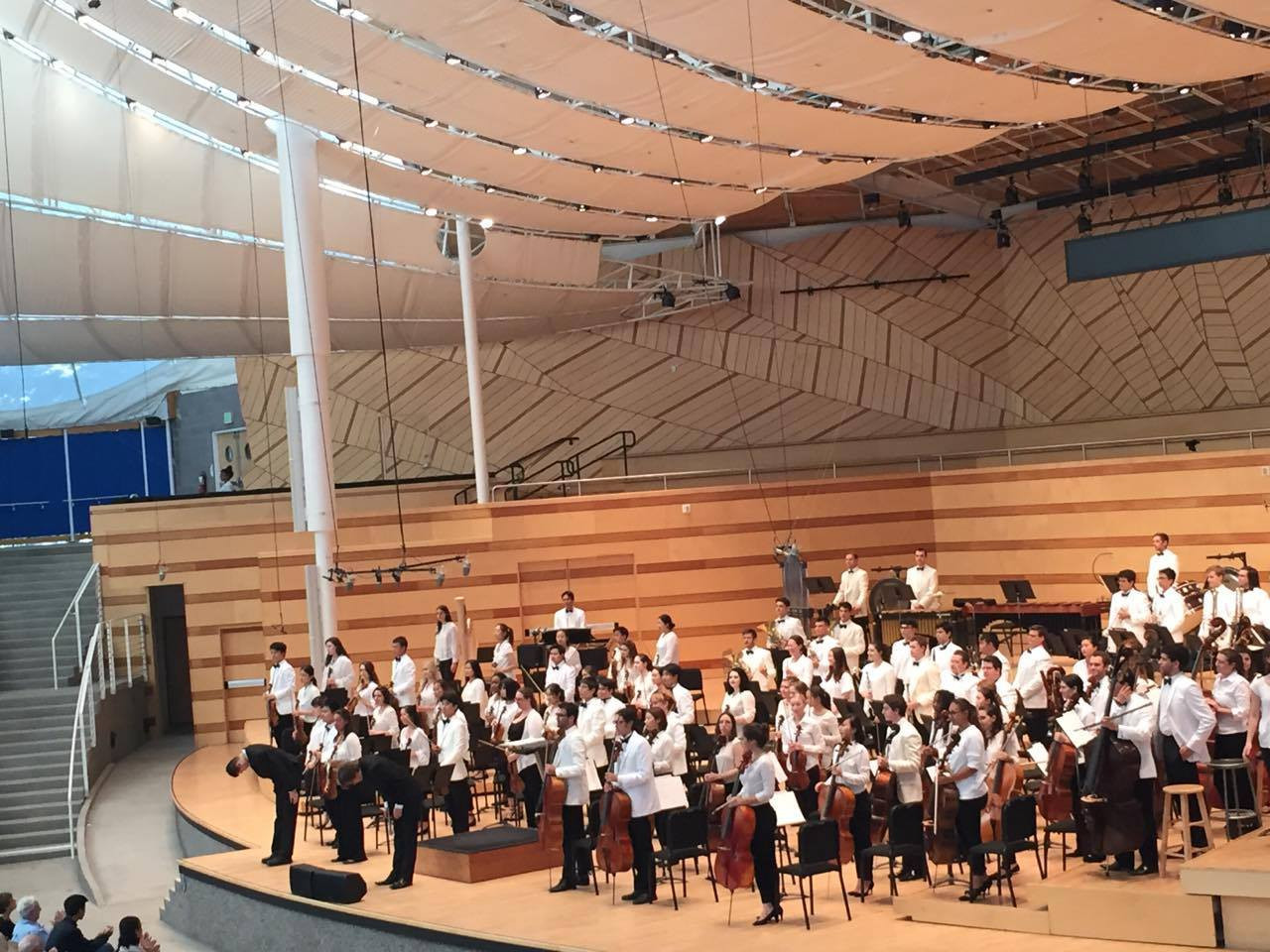
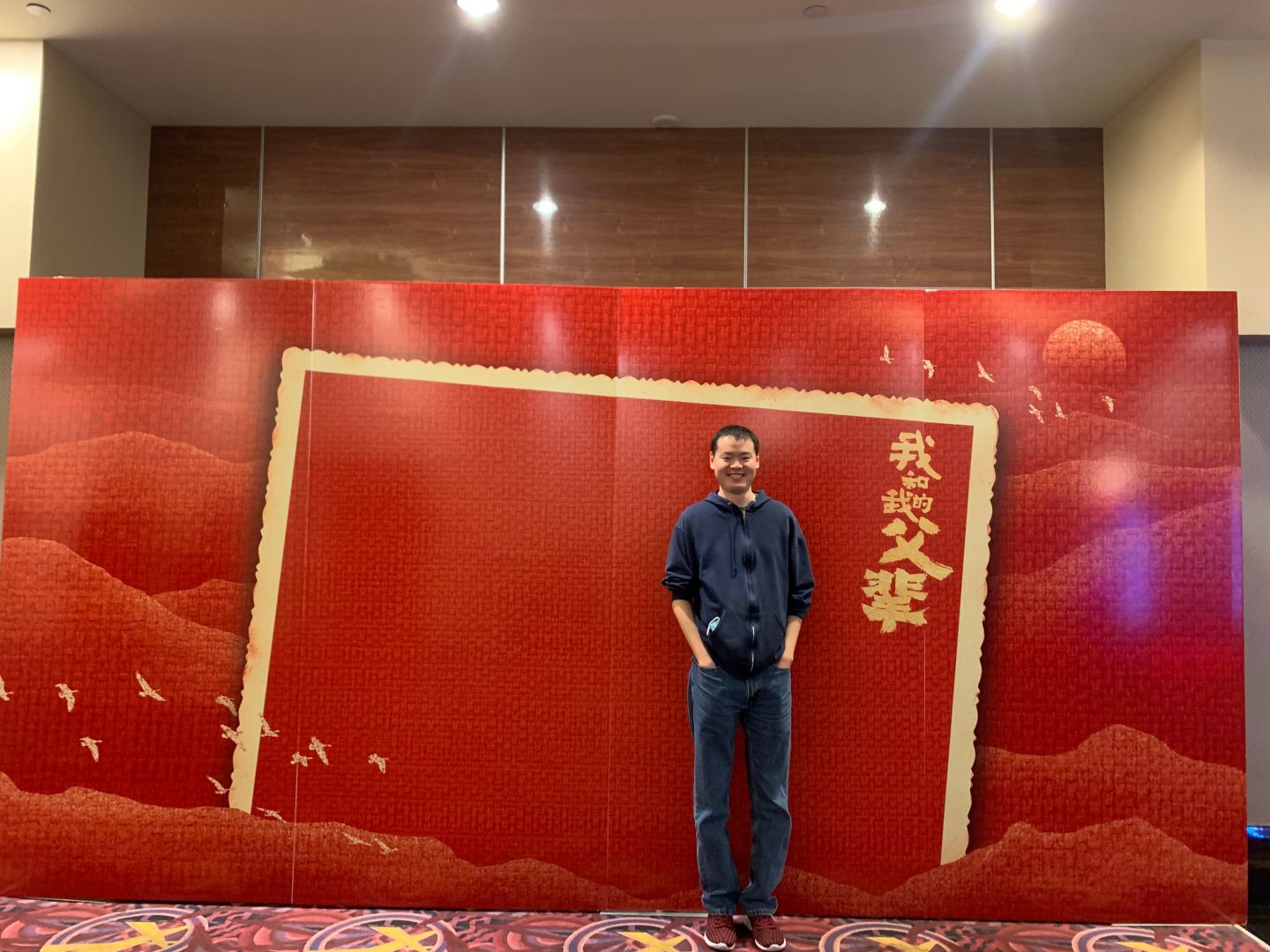
Let’s say your best friend was visiting the area and you wanted to show them the best time ever. Where would you take them? Give us a little itinerary – say it was a week long trip, where would you eat, drink, visit, hang out, etc.
I am a little embarrassed to admit that I have not explored many areas around LA myself. Being a composer is a lonely and isolated job, as we often spend long hours in the studio. If my friends do come to visit, it would be more like a group adventure rather than a guided tour, and I am all for it! Personally, I gravitate towards nature rather than urban landmarks, so I would be eager to check out some of the state parks around the greater LA area. That being said, if my friends decide to visit during the summer, I would definitely take them to a live film music concert at the Hollywood Bowl. Classic movie, world-class orchestra, and a beautiful summer night, it is the ultimate moviegoing experience.
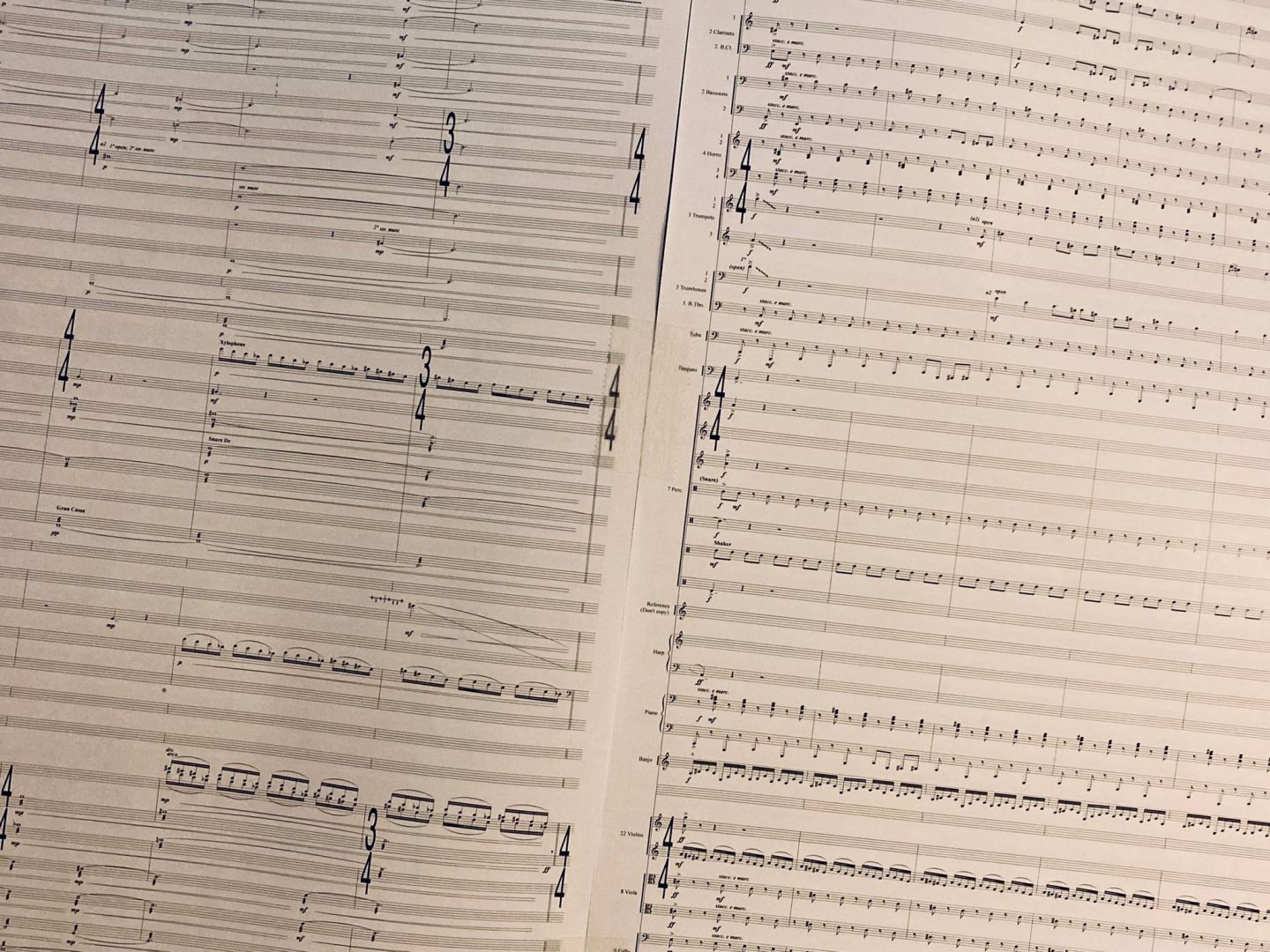
The Shoutout series is all about recognizing that our success and where we are in life is at least somewhat thanks to the efforts, support, mentorship, love and encouragement of others. So is there someone that you want to dedicate your shoutout to?
The most important person is my life is my mother. As a single mother, she provided all the resources when I showed my musical talent at an early age, despite we had very little. We could barely afford an upright piano, and music lessons were huge expenses, but my mother never hesitated. Every weekend, she took me to piano lessons, guitar lessons, choir practices, and later on, music theory and composition lessons. When I decided to audition for music school and eventually study abroad, my mother offered her full support and encouraged me at every obstacle. I am forever grateful for my mother who is the strongest woman I know.
I am also grateful for all my composition teachers, Fenglin Yi, Ying Ding, David Liptak, and David Felder, who nurtured my creative voice at various stages of my journey. And during my transition from concert music to commercial media music, I met Philip Klein and Chad Cannon, two of the most talented composers I had the fortunate to know and learn from. Most recently, I am thankful to the incredible Chinese film composer Fei Peng, from whom I received the opportunity to score “My Country, My Parents,” one of the biggest movie titles in China last year. Looking back, I have been extremely fortunate to meet so many people who opened doors for me. That is why I feel strongly about opening doors for others whenever I get the chance to do so.
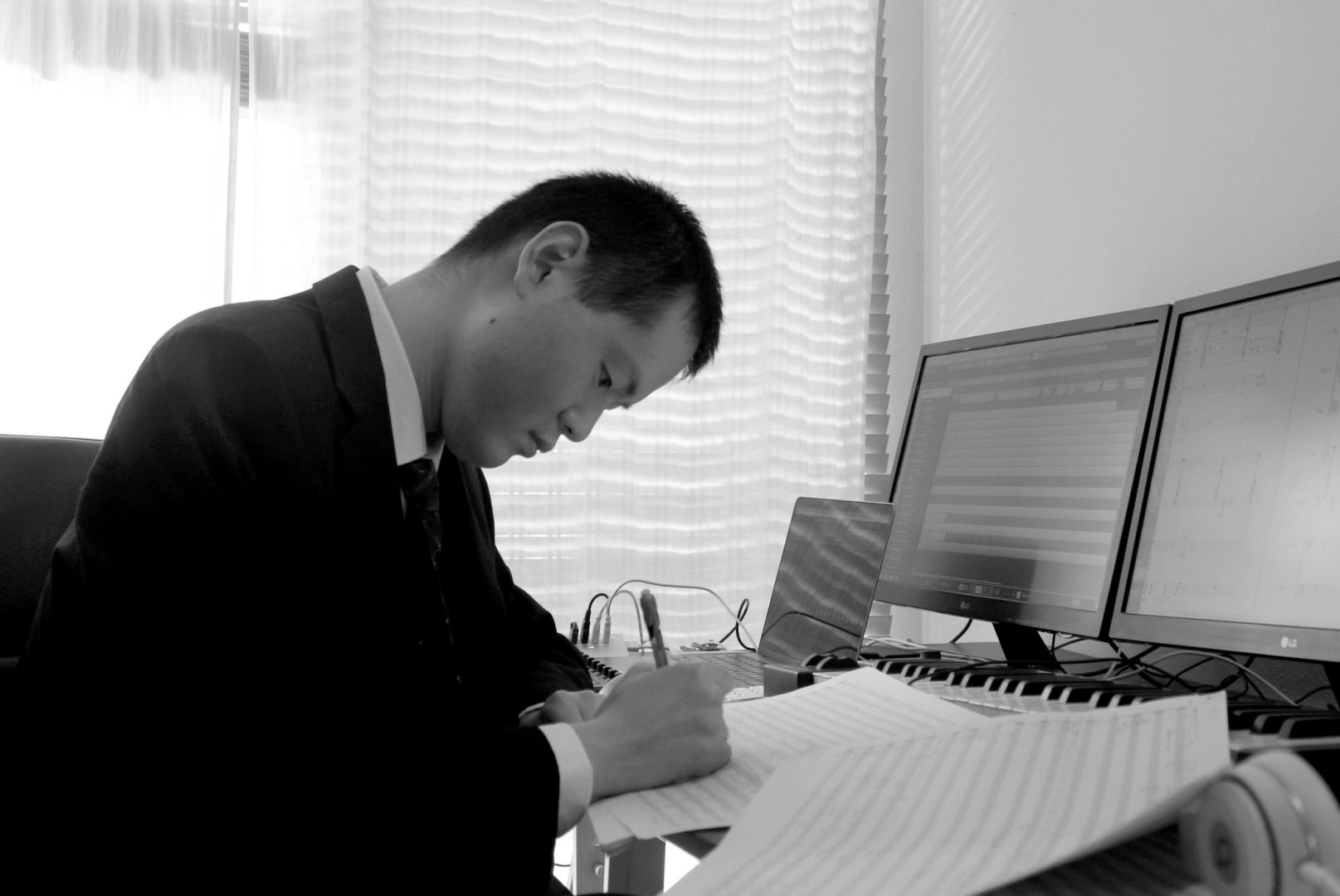
Website: https://www.weijunchen.com/
Instagram: https://www.instagram.com/wchenmusic/
Image Credits
Joshua Michael Shelton
